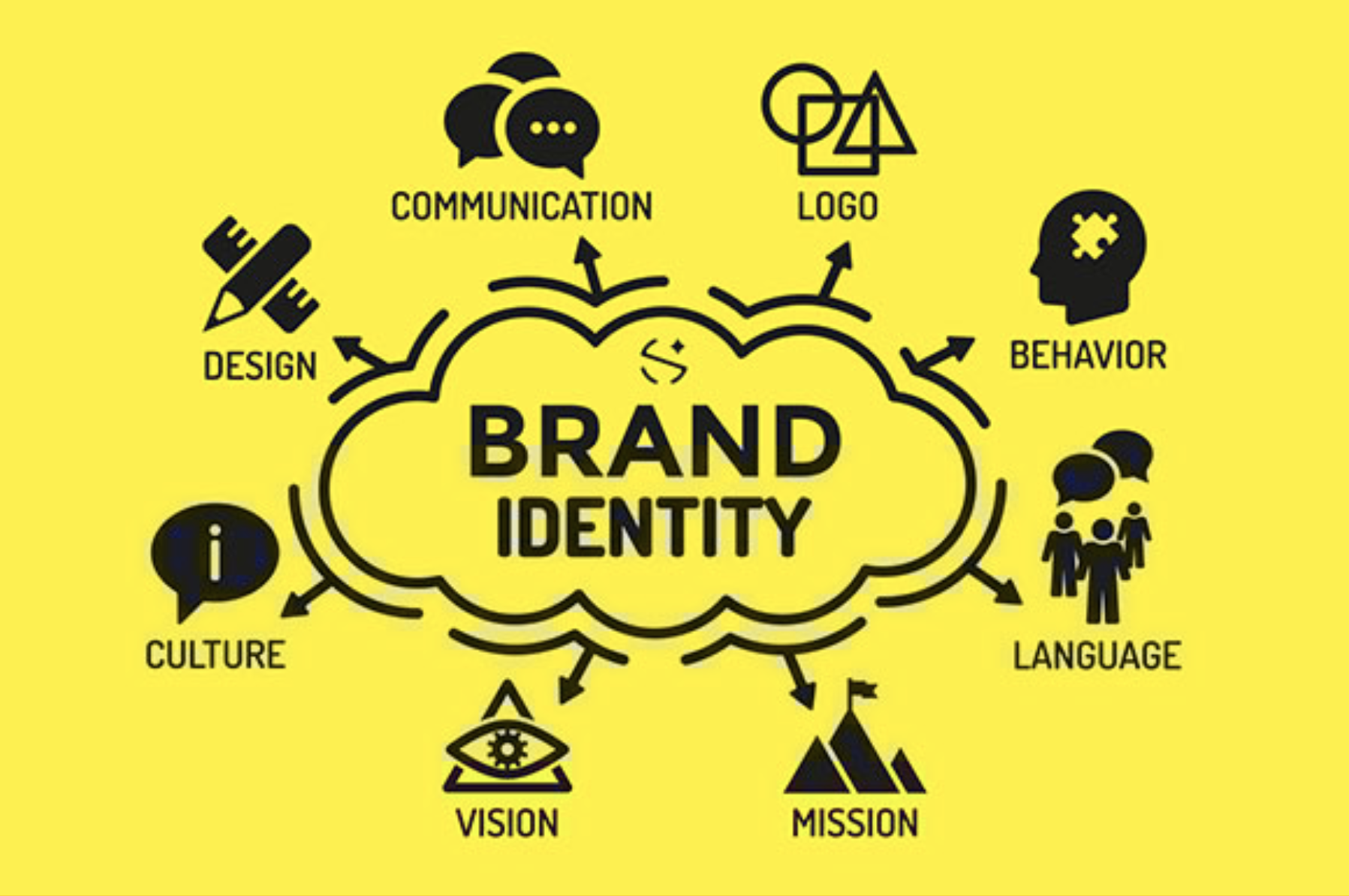
Branding Binge: Consumers Flock to Brands with MeaningBranding Binge: Consumers Flock to Brands with Meaning In a rapidly evolving consumer landscape, brands are facing an unprecedented demand for authenticity, purpose, and meaning. Consumers are no longer swayed solely by catchy slogans or superficial appearances; they seek brands that align with their values and make a positive impact on the world. According to a recent study, 83% of consumers say they are more likely to buy from brands that demonstrate a commitment to social or environmental issues. The study also found that 77% of consumers are willing to pay more for products from brands that share their values. This shift in consumer behavior is driven by a number of factors, including the rise of social media, the increasing awareness of global challenges, and the growing desire for personal fulfillment. Consumers are no longer satisfied with brands that simply meet their functional needs; they seek brands that inspire them, empower them, and make them feel good about themselves. In response to this demand, brands are adopting a more purpose-driven approach to marketing. They are aligning their products, services, and messaging with the values and aspirations of their target audiences. They are also investing in social and environmental initiatives that demonstrate their commitment to making a positive impact. This “branding binge” is having a major impact on the marketing landscape. Brands that are able to successfully connect with consumers on an emotional level are reaping the rewards of increased loyalty, positive word-of-mouth, and increased sales. Here are some examples of brands that are succeeding in the age of purpose-driven marketing: * Patagonia: The outdoor apparel company is known for its commitment to environmental sustainability. Patagonia regularly supports environmental causes and donates a percentage of its profits to environmental nonprofits. * TOMS Shoes: The shoe company has a “One for One” model, in which it gives a pair of shoes to a child in need for every pair of shoes purchased. TOMS Shoes has distributed over 100 million pairs of shoes to children in need around the world. * Warby Parker: The eyewear company has a “Buy a Pair, Give a Pair” model, in which it donates a pair of glasses to someone in need for every pair of glasses purchased. Warby Parker has donated over 10 million pairs of glasses to people in need around the world. These brands are just a few examples of the many companies that are finding success by aligning their brands with purpose. As the demand for meaning continues to grow, brands that are able to successfully tap into this trend will be the ones that thrive in the years to come.
Posted inNews